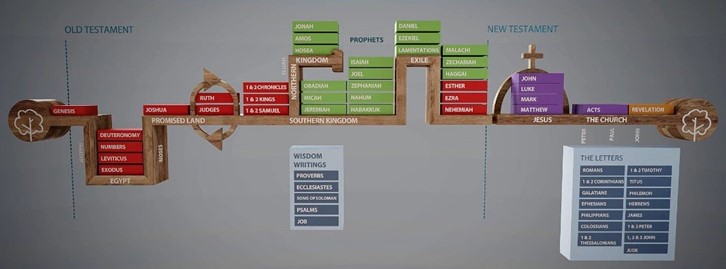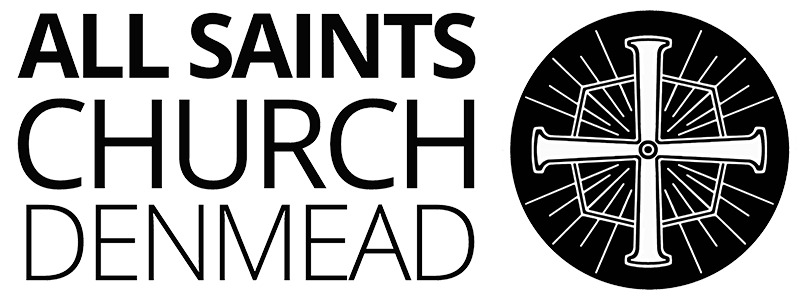Return: The Minor Prophets
On Sunday 28th July we started a new series of sermons looking at the life and work of the minor prophets.
The minor prophets were messengers, they heard the word of God, and then under God’s direction, shared it with his people.
God had raised up men and women as prophets throughout the Old Testament. Moses, Miriam, Samuel, Elijah, Elisha, Deborah, Huldah and many others mentioned in the biblical history books, though not always named.
Then, there were fifteen prophets whose words are contained in books of the bible named after them.

If we look at a timeline of the whole bible, from Genesis to Revelation we can see these fifteen books in the centre of the timeline, in green.
There were three major prophets, Isaiah, Jeremiah and Ezekiel, and 12 minor prophets – these prophets are minor only in the sense that their books are shorter, not because their prophecies were less important.
Prophets had insight. They told the people what God was thinking and saying about the circumstances of their own time and spoke of his plans for the future, to influence the people’s thoughts and actions in the present.
Prophets were passionate. They conveyed something of God’s own anger and rebuke at sin and injustice, his compassion and comfort for the poor and needy, his grief at being rejected in favour of other gods and his joy whenever his creation was blessed.
Prophets were artists. They used symbolic gestures, drama, poetry and metaphor to reinforce God’s message.
Prophets were memory-joggers. They reminded the people of all that God had done for them in the past, in particular their rescue from slavery in Egypt through the Exodus and reminded them of their own covenant commitments to God; calling them to place their hope and trust in him alone.
Focussing on the twelve minor prophets, we can see from our timeline that their stories all relate to the time after Israel had split, because of a rift between some of the tribes, and had become two divided kingdoms: Israel or Ephraim in the north and Judah in the south.
Some of the Minor Prophets lived and worked in the northern kingdom and some in the southern kingdom during roughly the same period, then some in the southern kingdom after the northern kingdom had been defeated by Assyria, the superpower of the day, and finally some in the restored southern kingdom after it too had been defeated by the later superpower of Babylon, exiled and eventually returned to Jerusalem and to Judah.
So, who were these Minor Prophets; well, here they are:

You may have heard of some of these, like Jonah and the whale. Others are less well known. With distinctive differences, they all tell the story of God’s rollercoaster relationship with his people, including events of the past, consequences for the future, and imperatives for the present, with words of both judgement and hope.
The overall theme is God’s abundant, abiding love for his people and his compassion for them, which drives him beyond his anger at their sinfulness, through their deserved punishment and correction, to their heartfelt repentance, forgiveness, healing and joyful redemption. He only wants them to return to him and to love him as he loves them.
There are other sub-themes too. God shows his concern for other nations and for their place in his grand plans; how his people relate to and treat other people affects their relationship with God. And the matters of wealth, idolatry and injustice are repeatedly raised, making some of these ancient stories quite hard to read without feeling uncomfortable about what this ought to mean for us today.
As we journey through the minor prophets, may we listen to their words with an openness to learn, reflecting on our own lives honestly, and be prepared to allow the Minor Prophets to challenge and to enrich us.
Produced by Peter Mitchell – LLM (Reader) at All Saints, Denmead
